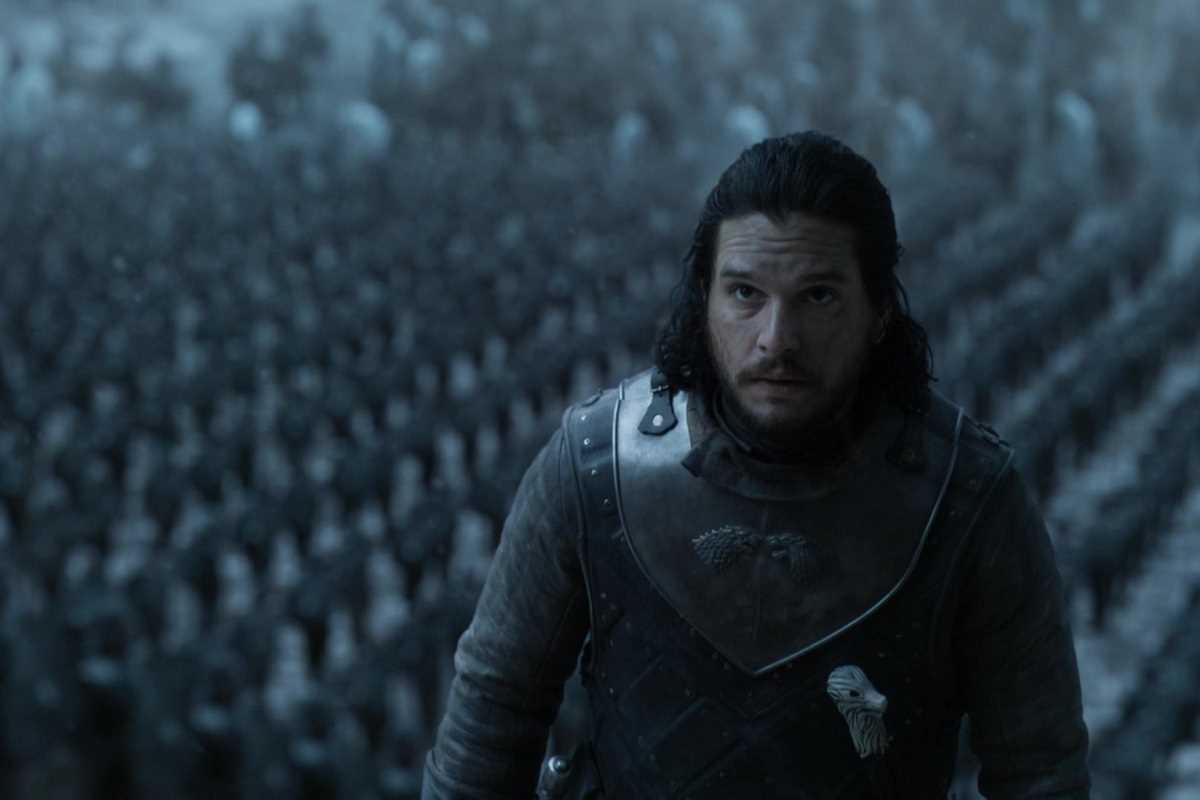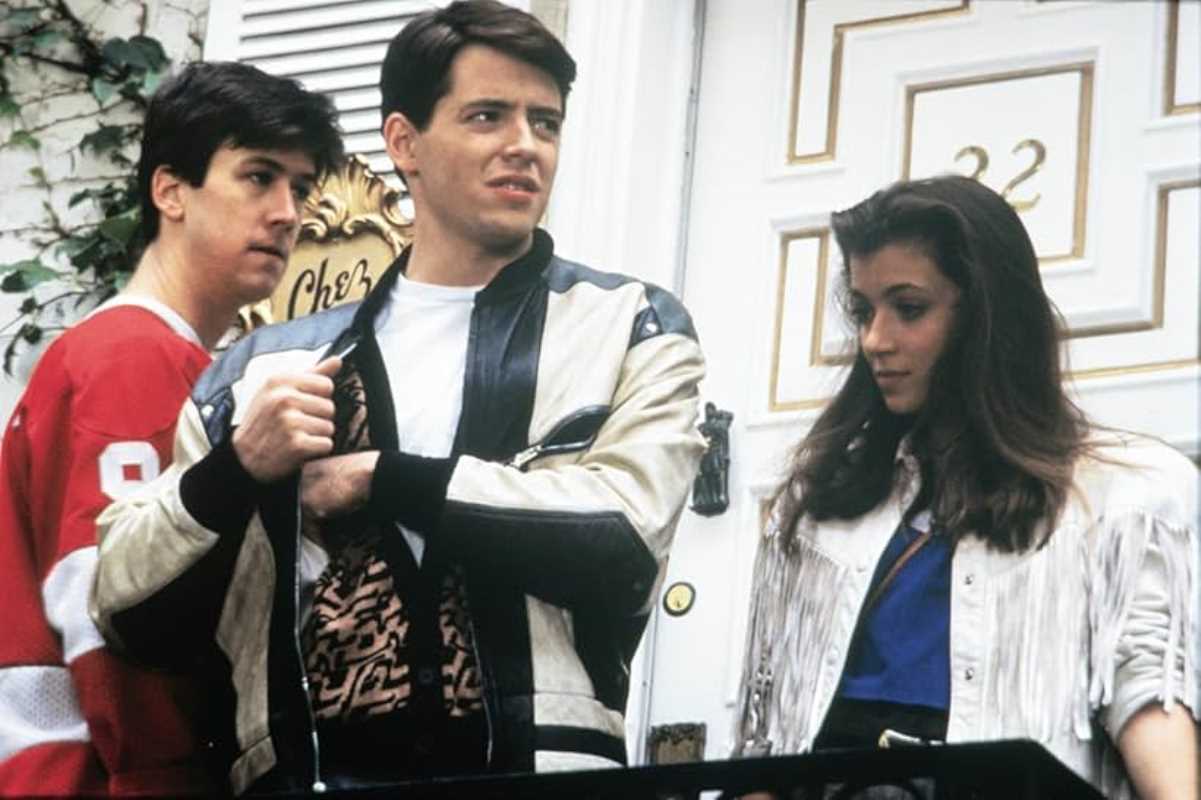Fantasy worlds have always transported readers to vibrant realms filled with magic, mythical creatures, and extraordinary adventures. Yet, beneath these fantastical veneers lurk profound reflections of real-world issues. Popular works such as Game of Thrones, The Witcher, Lord of the Rings, A Court of Thorns and Roses, and Harry Potter use larger-than-life narratives to explore universal challenges such as power struggles, social inequality, environmental concerns, and the fight against tyranny. By embedding these themes in their storytelling, these works critique societal issues while offering readers the perspective to grapple with them in their own reality.
Power Struggles and Corruption
The pursuit of power and its corrupting influence is a central theme in most fantasy epics and mirrors the darker realities of political ambition in the real world.
Game of Thrones, with its morally complex characters and intertwining plotlines, epitomizes the destructive allure of power. Houses such as the Lannisters, Starks, Targaryens, and Baratheons are locked in a brutal struggle for the Iron Throne. This relentless drive for dominance often leads to betrayal, bloodshed, and the erosion of moral principles. A real-world parallel can be drawn from nations or corporations jockeying for control, where alliances are fluid, and the casualties of ambition frequently include the powerless. The series’ portrayal of civil wars and ruthless politics exposes the human cost of unchecked greed and the fragility of governance systems in the face of corruption.
Similarly, The Witcher portrays a world riddled with political intrigue, particularly through the Nilfgaardian Empire's relentless expansion. Monarchs squabble over crowns, often at the expense of their subjects. Geralt, the protagonist, navigates these power struggles with skepticism, often drawing attention to the harm caused when leaders prioritize personal gain over the collective good. This echoes modern societal concerns about exploitation by those in positions of authority.
Even in The Lord of the Rings, which initially seems to divide good and evil into clear camps, Tolkien shows how power can corrupt through the One Ring. Whether wielded by Gollum, Boromir, or even Frodo, the ring amplifies their deepest desires—turning strength into weakness. The temptation posed by the ring serves as a reminder that no one is immune to the seductive pull of power, a truth that resonates in both personal and political realms.
Social Inequality and Prejudice
Fantasy often holds a mirror to societal discrimination and inequality, giving readers a lens to examine prejudice in their own world.
Harry Potter addresses themes of racism and classism through the wizarding world's treatment of "Muggle-borns" (wizards born to non-magical parents) and house-elves. The derogatory term "Mudblood" highlights the entrenched prejudice that divides even a magical society. The rise of Voldemort’s extremist ideology—promoting "pure-blood" wizard supremacy—mirrors the rise of real-world hate-fueled movements. The systemic treatment of house-elves, who live as unpaid servants yet are dismissed as content with their servitude, reflects enduring cultural conversations about privilege and labor rights.
A Court of Thorns and Roses (ACOTAR) by Sarah J. Maas explores dynamics of oppression as it depicts the uneasy coexistence between humans and Fae. Historically subjugated by the magical Fae, humans harbor deep resentment and fear, giving rise to mutual distrust and prejudice. Similarly, within the Fae realms, rivalry between various Courts exaggerates divisions based on hierarchical superiority, reflecting real-world caste systems and geopolitical divides. Maas’s characters often challenge these boundaries, forging alliances and friendships that suggest the possibility of overturning long-held prejudices—a hopeful mirror to struggles against bigotry in our world.
Environmental Concerns and Human Exploitation
Our interaction with nature and its exploitation is another theme deeply embedded in many fantasy worlds.
Tolkien’s Lord of the Rings offers an ecological allegory through the industrial destruction of Isengard by Saruman and the subsequent uprising of the Ents, the tree-like beings serving as stewards of the forest. The devastation of the natural world by industrial forces reflects Tolkien’s concerns over the environmental damage wrought by modernization. His narrative urges readers to value and protect the natural world, a message that resonates strongly today as the planet grapples with climate change and deforestation.
Similarly, The Witcher touches on humanity’s devastating interaction with the environment. Resource exploitation and environmental shifts often leave poorer populations displaced and vulnerable, a recurring issue as new monsters appear, symbolizing the unintended consequences of exploitation. These conflicts mirror real-world cases where industries and governments prioritize profit over ecological sustainability, often leaving communities to bear the brunt of environmental harm.
Game of Thrones offers a different metaphor for ecological catastrophe through the frosty menace of the White Walkers. Representing an existential, global threat, the Night King and his icy army are an unstoppable force created, in part, by human arrogance. The show’s portrayal of characters ignoring or minimizing this encroaching apocalypse mirrors the real-world phenomenon of climate denialism, underscoring the urgent need for collective action to stave off disasters.
Rebellion and the Fight Against Tyranny
The tension between freedom and tyranny often drives fantasy plots. These stories explore not just the external battle to overthrow oppression but also the moral quandaries faced by the rebels themselves.
Harry Potter powerfully portrays this through Dumbledore’s Army, the Order of the Phoenix, and other groups fighting against Voldemort's authoritarian regime. These grassroots resistance movements rely on solidarity and courage to challenge their dismal reality. Comparisons can be made to historical and modern rebellions, from anti-colonial movements to struggles for racial and social justice, where ordinary individuals risk their safety to fight for a better world.
Likewise, in A Court of Thorns and Roses, Feyre and her allies rally against Amarantha and later the King of Hybern, whose regimes subjugate and exploit. These rebellions depict the high personal cost of opposing tyranny, including loss, sacrifice, and moral compromise. They illuminate the complexity of pushing for change—a process often fraught with betrayal, moral ambiguity, and setbacks.
Tolkien's Lord of the Rings also embodies this theme as the fellowship fights against Sauron’s overarching tyranny. Whether in the form of enslaved orcs, exploited humans, or corrupted wizards, Sauron’s domination reflects the mechanisms of totalitarian regimes that seek to quash individuality and freedom. Frodo’s quiet resilience serves as a reminder that heroism often lies in enduring suffering for the sake of a greater cause—an inspiration for real-world activists working under oppressive regimes.
Human Nature and Societal Structures
Fantasy magnifies humanity’s greatest virtues and vices, allowing authors to examine questions of morality, identity, and societal dynamics.
Game of Thrones blurs the lines between good and evil, showing that those pursuing noble causes can commit atrocities, and villains can possess redeeming qualities. This complexity encourages readers to confront the gray areas of morality, reflecting the layered nature of real-world ethics. Similarly, The Witcher often highlights that the seemingly monstrous creatures Geralt is hired to kill may not be as morally corrupted as the humans who brought them into being—a stark reminder of how appearances and entrenched bias can distort justice.
ACOTAR, while drenched in magic and romance, explores themes of self-determination and identity. Feyre’s struggle to discover her purpose and maintain her autonomy against forces seeking to shape her future echoes the real-world challenge of asserting one’s individual agency in societal systems that often prioritize conformity.
Inspiring Change Through Fantasy
Fantasy stories may be set in worlds far removed from our own, but they root their power in relatable struggles. Through exaggerated conflicts and allegorical storytelling, these narratives hold a magnifying glass to enduring societal challenges—encouraging readers to confront prejudice, fight against abuses of power, and protect the environment.
By blending wonder with sharp commentary, these works not only entertain but also enlighten. They remind us of the resilience of the human spirit and the possibility of change—a message that has the power to inspire readers to take action in their own lives. Whether rallying against tyranny, overcoming prejudice, or advocating for a better environment, the lessons from these fantasy worlds resonate with those yearning for a more just and equitable reality.







